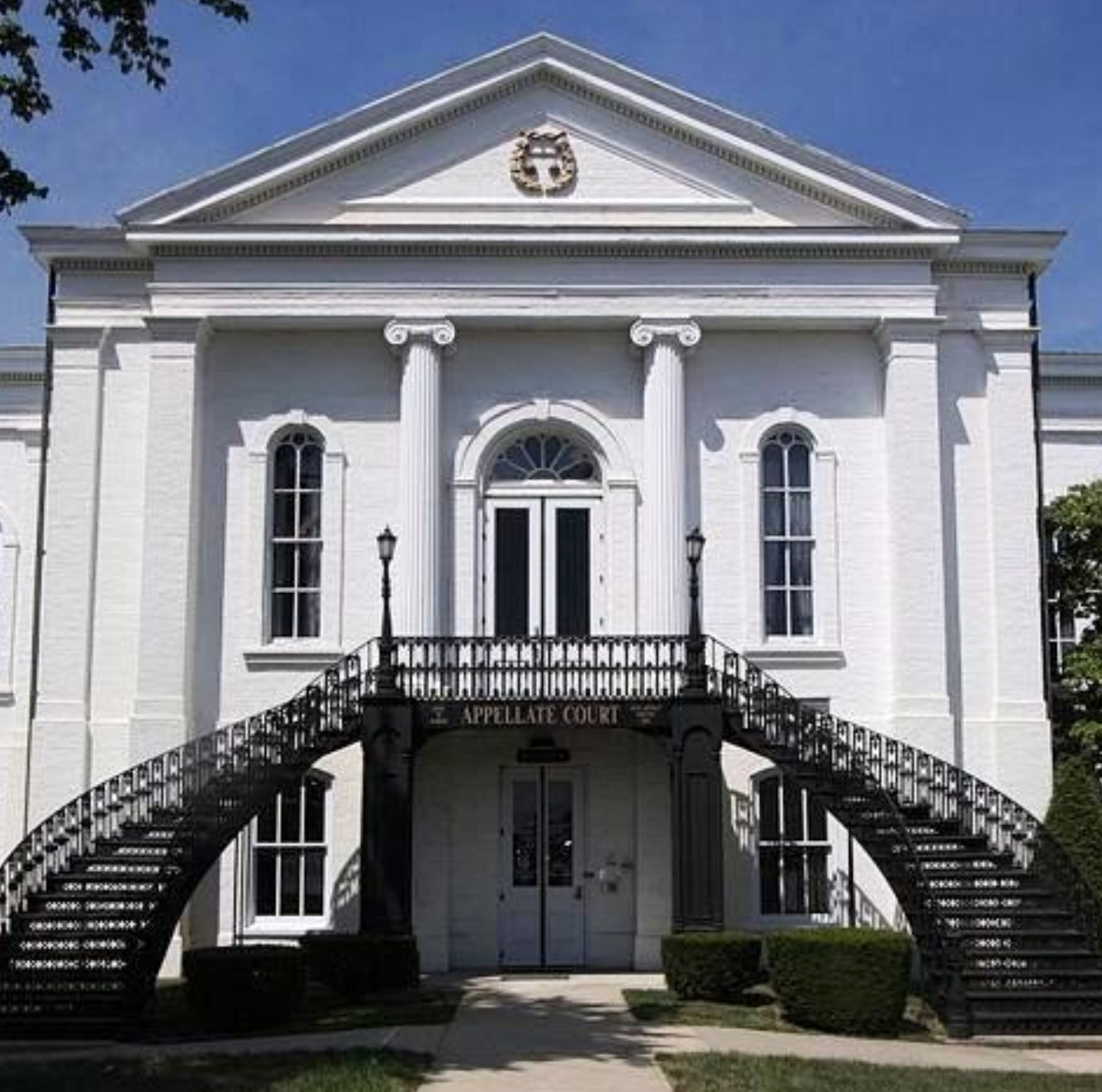A mere 23 days after Illinois’ Democratic led efforts to restrict their residents’ 2nd Amendment rights, blaming the existence of firearms for the state of crime ridden Chicago is an old scapegoat after all, the Illinois 5th District has told Illinois proper, ‘Hey, not so fast.‘
On January 24, Effingham County Judge Joshua Morrison ordered a temporary restraining order in response to the lawsuit which prevented its enforcement, and said in his ruling that the plaintiffs are “being immediately and irreparably harmed each day in which their fundamental right to bear arms is being denied.”
The law banned the sale and manufacture of AR-15s and AK-47s, long gun magazines that hold more than ten rounds of ammunition, and handgun magazines that hold more than 15 rounds of ammunition. The law also extended the state’s “red flag” law scope, and enabled a person to be prohibited from purchasing a firearm if they were on the list for a longer period of time.
Advertisement — Continue Reading Below
The Associated Press reports, Illinois Attorney General Kwame Raoul, a Democrat, appealed Morrison’s ruling but the three-judge appellate court upheld the restraining order in a 2-to-1 decision.
The appellate court said the restraining order can stay in place and extended its scope beyond the plaintiffs to apply to all of Illinois, reports Fox News.
The court said the plaintiffs’ suit had “a likelihood of success on the merits” in that the gun law likely violated their equal protection as granted under the US Constitution. [emphasis added]
Advertisement — Continue Reading Below
So PICA, whose title is not quite as ironic as the SAFE Act in New York but to the same effect, is now on hold. If PICA fails here it could signal the fall of assault weapon bans nationwide, all thanks to Illinois Democrats not being able to leave well enough alone and try to solve their crime problems by solving… you know… crimes.
Even Illinois’ own courts have signaled the law is unlikely to pass final judicial review, before even reaching federal courts. This may signal an attempt by the courts to contain spillover onto other states with similar laws, like New York and California, as if it remains a state court handling internal matters there would be less national precedent to rely upon.















